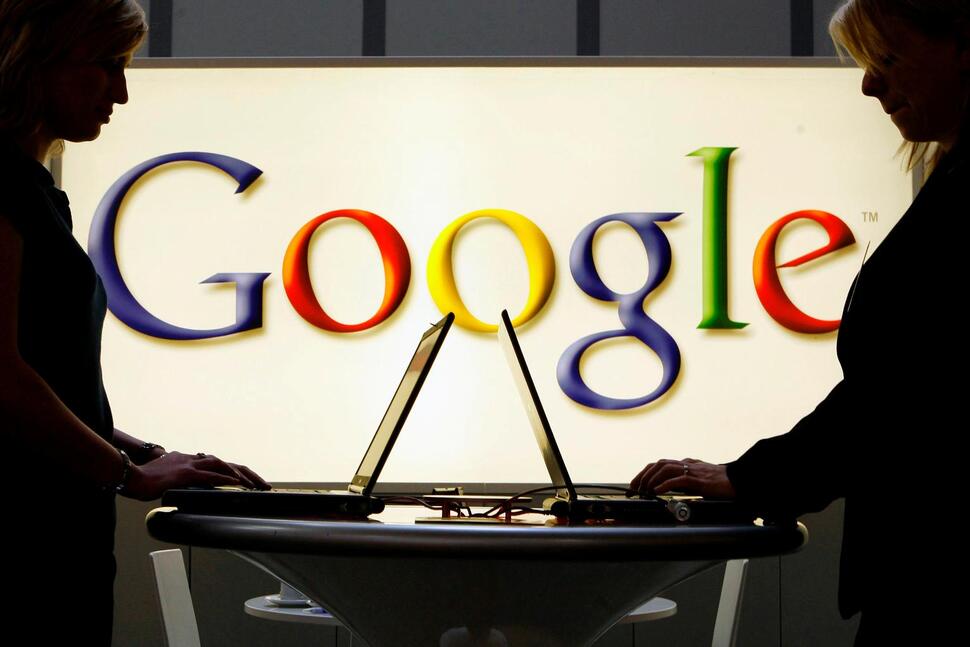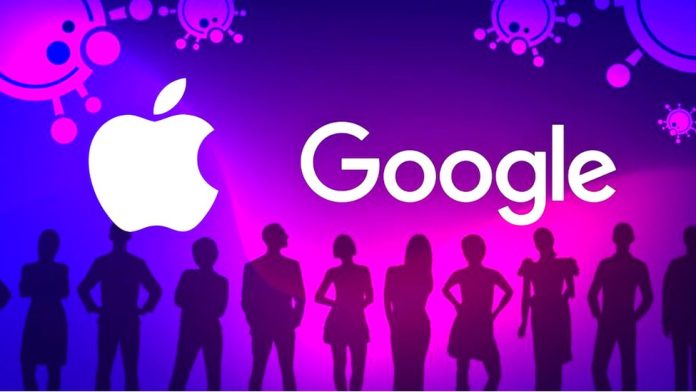LONDON (AP) — Google’s final attempt to overturn an antitrust penalty from the European Union was rejected by the bloc’s highest court on Tuesday. The ruling upheld a substantial fine of 2.4 billion euros ($2.7 billion) imposed by the European Commission for breaching antitrust regulations with its comparison shopping service. This decision marks a significant step in the EU’s increasing scrutiny of major tech companies.
On Tuesday, Apple also lost its challenge against a directive to repay 13 billion euros ($14.34 billion) in back taxes to Ireland. The European Court of Justice ruled in favor of the European Commission, which had targeted the case as unlawful state aid for global corporations.
With these rulings, both Google and Apple have exhausted their appeals in cases dating back to the previous decade. The decisions mark a significant victory for European Commissioner Margrethe Vestager, who is set to step down next month after a decade overseeing competition matters.

Experts note that these rulings reflect a strengthened resolve among regulators. “The Apple decision underscores the EU authorities’ readiness to assert their authority over Big Tech when necessary,” said Alex Haffner, a competition partner at law firm Fladgate, in an email.
Gareth Mills, a partner at Charles Russell Speechlys, remarked that the Google ruling “demonstrates the increasing confidence with which competition regulators around the world are addressing the perceived excesses of Big Tech companies.” He added that the court’s support for both the legal reasoning and the size of the fine will likely further empower competition regulators.
This fine was one of three major antitrust penalties imposed on Google by the European Commission. In 2017, the commission had fined the tech giant for unfairly promoting its own Google Shopping service over competitors.
In response, Google expressed disappointment with the court’s decision, noting in a brief statement that it pertains to a “very specific set of facts.”
The company stated that it has made adjustments to comply with the European Commission’s ruling, which requires it to ensure equal treatment of competitors. Google has implemented auctions for shopping search listings, allowing it to bid alongside other comparison shopping services.
“Our approach has been successful for over seven years, driving billions of clicks to more than 800 comparison shopping services,” Google said.
European consumer group BEUC welcomed the court’s decision, highlighting its significance for digital markets. Director General Agustín Reyna commented, “This is a positive outcome for European consumers. It means that smaller companies and rivals will have more opportunities to reach customers without relying solely on Google.”
Google is still contesting two other EU antitrust cases: a 2018 fine of 4.125 billion euros ($4.55 billion) related to its Android operating system and a 2019 penalty of 1.49 billion euros ($1.64 billion) concerning its AdSense advertising platform.
Despite the large fines, the financial impact on Google and Apple, the parent company of Google, is relatively minor. The combined penalty of 15.4 billion euros ($17 billion) represents only 0.3% of their total market value of 4.73 trillion euros ($5.2 trillion). Following the ruling, Apple’s stock dipped slightly, while Alphabet’s shares rose by 1%, suggesting investors were largely unconcerned.
These cases have set the stage for increased global regulatory efforts against the tech industry. The EU has since launched further investigations into Big Tech and introduced the Digital Markets Act (DMA), a comprehensive set of regulations aimed at preventing market dominance by tech giants.
European Commissioner and Executive Vice President Margrethe Vestager described the shopping case as a pioneering effort in regulating digital companies and a symbol of accountability for even the most powerful tech firms. “The case demonstrated that no one is above the law,” Vestager stated at a briefing in Brussels.
Vestager also indicated that the Commission will continue to pursue competition cases alongside enforcing the DMA, which mandates greater consumer choice through a detailed list of regulations for tech giants.
Additionally, Google faces scrutiny over its digital advertising business from both the EU and Britain, as well as a federal court case in the U.S. concerning alleged dominance in ad tech.
Apple also faced a setback on Tuesday when the Court of Justice upheld a ruling requiring it to repay 13 billion euros ($14.34 billion) in back taxes to Ireland. Vestager, who had anticipated a possible defeat, celebrated the decision as a landmark victory for “tax justice.”
The outcome was a notable win for the Commission, which had previously seen mixed results in similar cases against Amazon, Starbucks, and Fiat. These cases were part of broader efforts to eliminate unfair tax practices and address concerns about whether multinational corporations are contributing their fair share in taxes.
The case against Apple stirred significant controversy, with CEO Tim Cook criticizing it as “total political crap,” and then-U.S. President Donald Trump condemning Vestager, whom he derisively called the “tax lady” who “really hates the U.S.”


